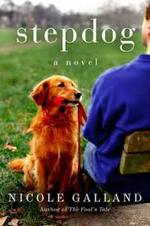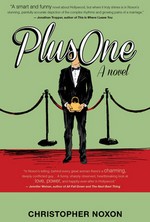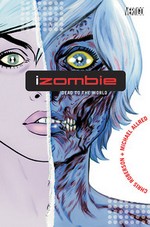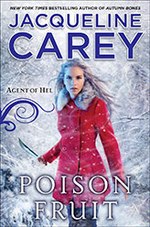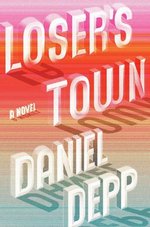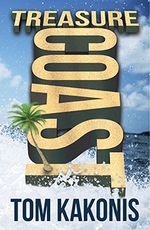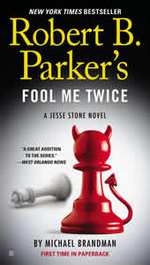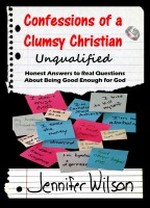 Confessions of a Clumsy Christian: Unqualified: Honest Answers to Real Questions About Being Good Enough for God
Confessions of a Clumsy Christian: Unqualified: Honest Answers to Real Questions About Being Good Enough for God
by Jennifer WilsonE-book, 89 pg.
2016
Read:February 7, 2016

This was a tough one for me to write — in fact, I think I spent at least twice as long deciding what to write and then writing this as I did reading the book.
Jennifer Wilson had the kind of past that many of us have had — false starts with faith, personal problems, family problems, addictions, job woes, etc. — struggling from time to time with trying to be good enough to become a Christian — at some point, she realized she couldn’t and that God didn’t want someone who was good enough (who could be?), but someone “unqualified” to be a Christian. She talks about some of her problems, doubts and fears both before and after her conversion, in an effort to reassure others that “qualified Christians” just don’t exist.
Let’s get the easy stuff out of the way: Wilson writes in a charming, engaging manner — pleasant, breezy, conversational. This makes the book a quick and easy read — sometimes deceptively so, considering the topics covered. She comes across as very open and honest, very genuine.
There were plenty of typos and grammatical mistakes in the edition I read — none were too distracting, though, so you could get past it. You almost have to forgive the mistakes in the midst of an author telling you how often she has and continues to fail in various areas.
There are plenty of books I shouldn’t write — for example, novels that are supposed to go anywhere beyond the NaNoWriMo word count verification; books on care of felines; diet books — 2 of these may change in time, my fiction could improve or I could get in shape. If either happens, I’ll write those books. And at some point, Jennifer Wilson may be ready to write this book. She states, over and over again that she’s a new Christian. At one point, she describes herself as “barely an apprentice Christian.” I have to ask, why is she writing a book about it then? I’m not saying she shouldn’t ever — but maybe she should get some roots down. She wants to write about her past? Her coming to faith? Her struggles as a new Christian? Fine — more than fine, she’s helpful. But when she goes further than that, she gets herself in trouble.
John Murray once wrote, “The difference between truth and error is not a chasm but a razor’s edge.” I fear that Wilson spent so much time walking down the razor’s edge she must have really cut up her feet. For example, she advised a friend, “[God] is in pain, watching you, His precious daughter, suffer so much.” I don’t see any biblical writer speaking of God in this way. She writes, “God, my heavenly father, doesn’t want me, His daughter to suffer in pain.” Please tell that to Joseph, Job, Paul, and Jesus for starters. The Epistles are replete with instructions about suffering, about the purpose of suffering, of rejoicing in our suffering. I have to wonder, what God is she talking about?
Wilson’s clear that she doesn’t know the Bible very well — that right there should give her pause before weighing in on Biblical concerns, no?
I know she’s trying to be amusing in her writing — and she usually succeeds — but I think a little more care surrounding God, His works, and the ways He’s revealed Himself would be helpful. Self-deprecating humor, humor at the apparent vicissitudes of life, absolutely fair game. But there are some things that we ought to treat reverently even in the midst of irreverence.
There is a lot to be commended about this book — particularly when she describes her own struggles past and present. But the solutions suggested are frequently problematic, when not downright unbiblical. It’s written-well enough, I’m just pretty sure it shouldn’t have been written at this time. I wish Wilson’d waited until she was past the apprentice stage to write this. I’m not just saying that, I want to like this book — I’d like to recommend it to others, but I just can’t. Aimee Byrd (not just her, but she’s a good starting point) has been writing recently about the deplorable nature of Christian books marketed for and by women, sadly, this book is evidence that she knows what she’s talking about.
Disclaimer: I was given a copy of this book by the author in exchange for an honest review. She probably had something else in mind.
—–



